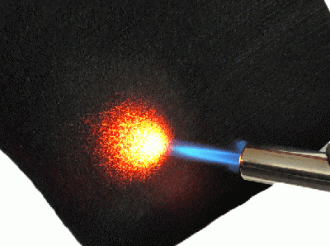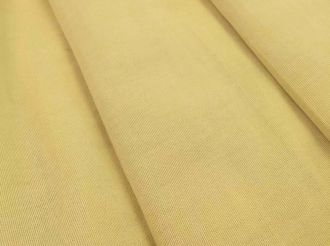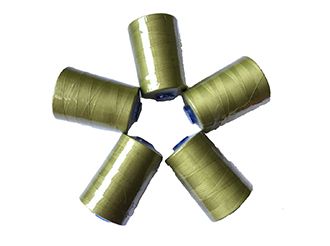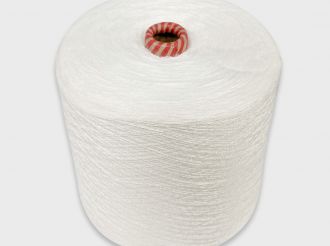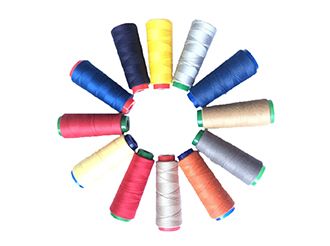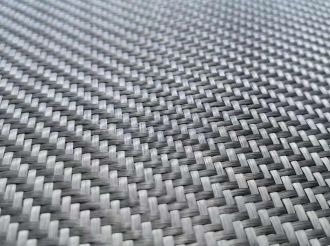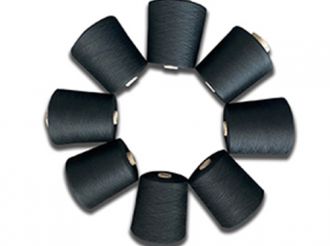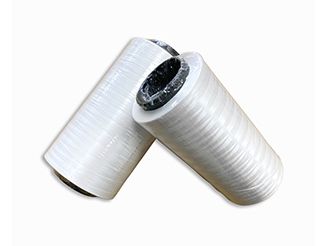10 major application areas of glass fiber composites
- 2022-09-01
Wide application of glass fiber composites
Glass fiber is an inorganic non-metallic material with excellent performance, good insulation, strong heat resistance, good corrosion resistance and high mechanical strength. It is made of glass balls or glass through high temperature melting, wire drawing, winding, weaving and other processes. The diameter of its monofilament is several microns to twenty microns, equivalent to a hair 1/20-1/5 of the filaments, each bundle of fiber strands is composed of hundreds or even thousands of monofilaments. Glass fibers are usually used as reinforcing materials in composite materials, electrical insulating materials and thermal insulation materials, circuit substrates and other fields of the national economy.
1. Boats

Glass fiber composite materials have the characteristics of corrosion resistance, light weight and excellent reinforcement effect, and are widely used in the manufacture of yacht hulls and decks.
2. Wind energy and photovoltaics
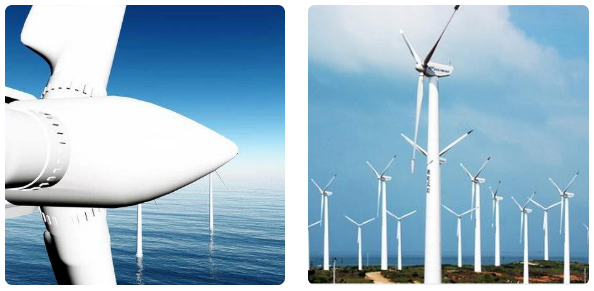
Both wind energy and photovoltaics are among the non-polluting and sustainable energy sources. Glass fiber has the characteristics of superior reinforcement effect and light weight, and is a good material for manufacturing FRP blades and unit covers.
3. Electronic and electrical
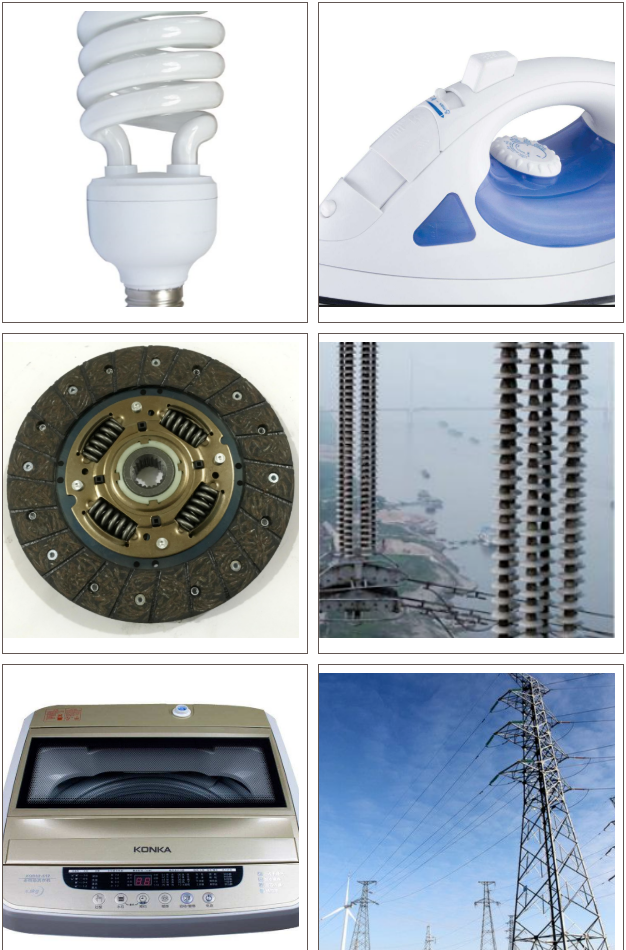
The application of glass fiber reinforced composite materials in electrical and electronic fields mainly utilizes its electrical insulation, corrosion resistance and other characteristics. The application of composite materials in the electronic and electrical field mainly includes the following parts:
1. Electrical enclosures: including electrical switch boxes, electrical wiring boxes, instrument panel covers, etc.
2. Electrical components and electrical components: such as insulators, insulating tools, motor end caps, etc.
3. Transmission lines include composite cable brackets, cable trench brackets, etc.
4. Aerospace, military defense

Due to the special requirements for materials in aerospace, military and other fields, glass fiber composite materials have the characteristics of light weight, high strength, good impact resistance and flame retardancy, which can provide a wide range of solutions for these fields.
The applications of composite materials in these fields are as follows:
-- small plane fuselage
--Helicopter hull and rotor blades
-- Aircraft secondary structural components (floors, doors, seats, auxiliary fuel tanks)
--Aircraft engine parts
--helmet
--Radome
--Rescue stretcher
5. Chemical chemistry
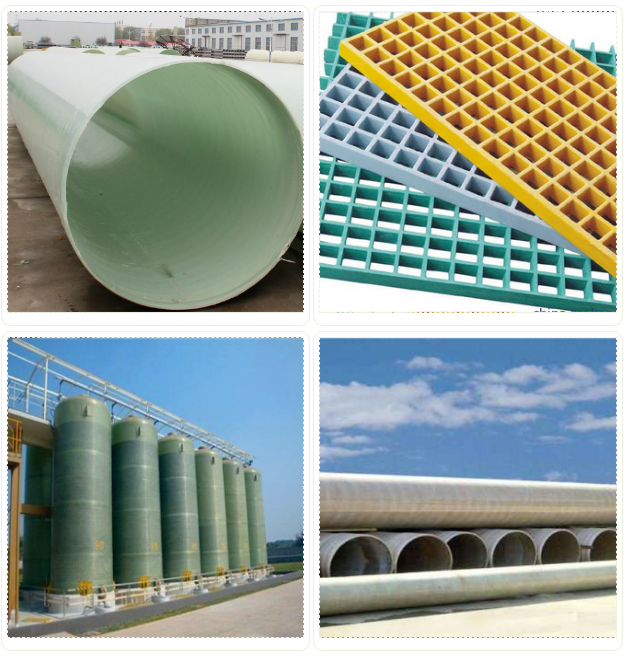
Glass fiber composite materials have the characteristics of good corrosion resistance and excellent reinforcement effect, and are widely used in the chemical industry to manufacture chemical containers (such as storage tanks), anti-corrosion grilles, etc.
6. Infrastructure

Glass fiber has the characteristics of good size, superior reinforcement performance, light weight and corrosion resistance compared with steel, concrete and other materials, which makes glass fiber reinforced materials used in the manufacture of bridges, wharves, highway pavements, trestle bridges, waterfront buildings, pipelines, etc. Ideal material for infrastructure.
7. Construction
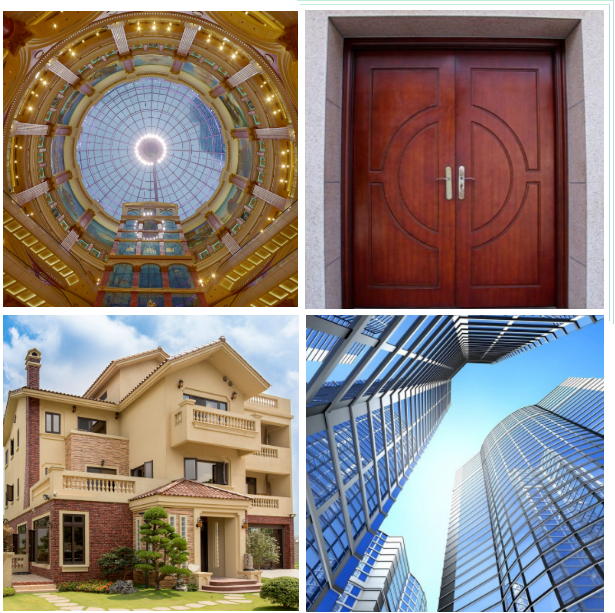
Glass fiber composite materials have the characteristics of high strength, light weight, aging resistance, good flame retardant performance, sound insulation and heat insulation, etc., and can be widely used in the manufacture of various building materials, such as: reinforced concrete, composite material walls, thermal insulation screens and decorations , FRP steel bars, bathrooms, swimming pools, ceilings, lighting panels, FRP tiles, door panels, cooling towers, etc.
8. Cars

Because composite materials have obvious advantages compared with traditional materials in terms of toughness, corrosion resistance, wear resistance and temperature resistance, and meet the requirements of transportation vehicles for light weight and high strength, their applications in the automotive field are becoming more and more extensive. Typical applications are:
--Car front and rear bumpers, fenders, engine covers, truck roofs
--Car dashboards, seats, cockpits, trim
--Automotive electrical and electronic components
9. Consumer Goods and Commercial Facilities
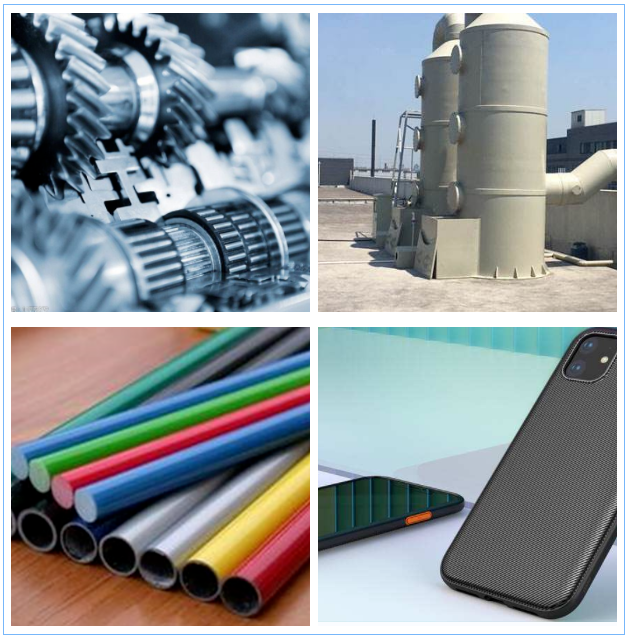
Compared with traditional materials such as aluminum and steel, the characteristics of corrosion resistance, light weight and high strength of glass fiber reinforced materials bring composite materials better performance and lighter weight.
Applications of composite materials in this field include:
--Industrial gear
--Industrial and civil air pressure bottles
--Laptop, mobile phone case
--Parts of household appliances
10. Sports and leisure

Composite materials have the characteristics of light weight, high strength, large design freedom, easy processing and forming, low friction coefficient, good fatigue resistance, etc., and have been widely used in sports equipment. Typical applications are:
--Ski board
--Tennis rackets, badminton rackets
-- rowing
--bike
--motorboat
